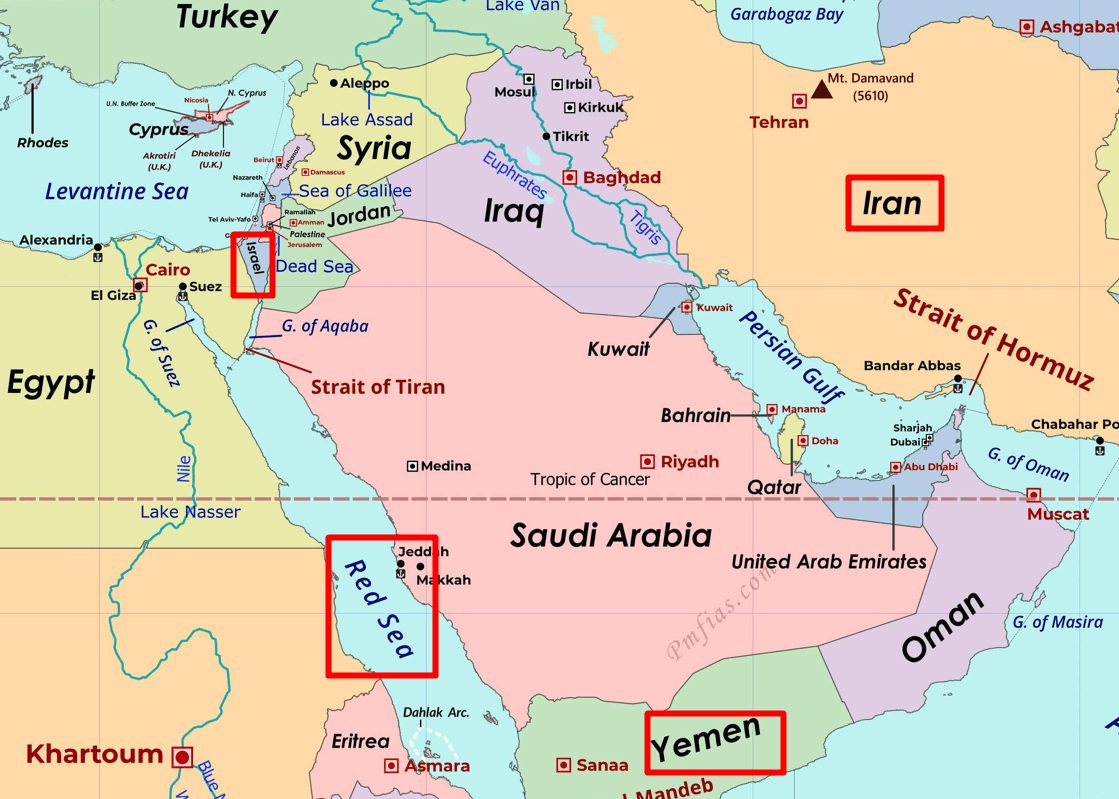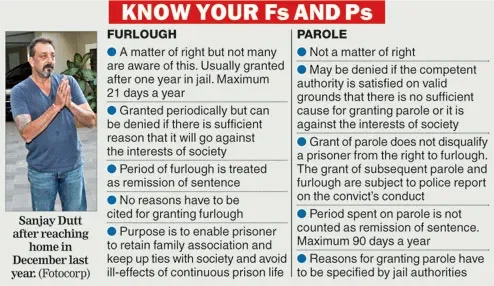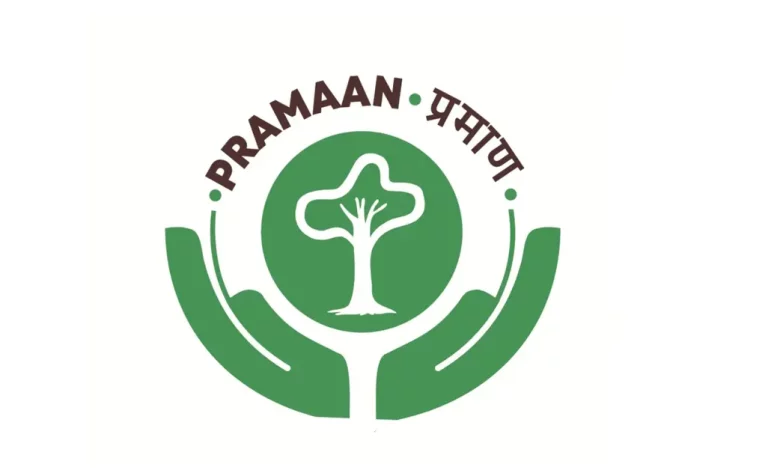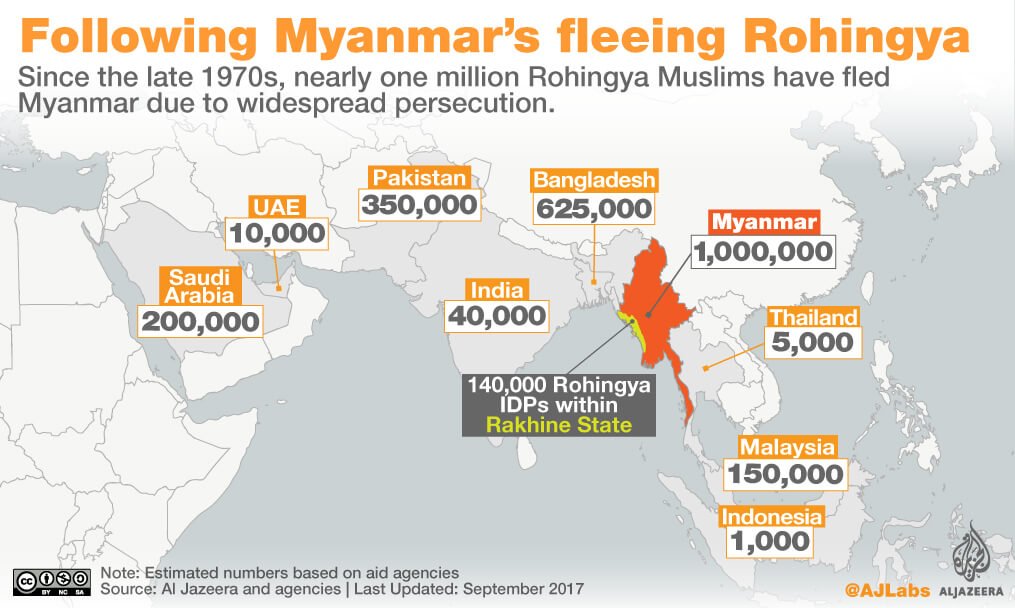
Constitutional Debate on Caste Reservation and Minority Status
Subscribers of "Current Affairs" course can Download Daily Current Affairs in PDF/DOC
Subscribe to Never Miss an Important Update! Assured Discounts on New Products!
Must Join PMF IAS Telegram Channel & PMF IAS History Telegram Channel
- Context (IE): In the drafting of the IC, minority rights, particularly for Scheduled Castes and Tribes, sparked significant debates.
- The debates started for providing political safeguards for minorities and concluded by giving reservations and affirmative action only for ‘backward classes’ and not religious minorities.
- The dilemma before the Constituent Assembly (CA) was to find a constitutional method to politically recognise communities and foster national unity and an inclusive democratic structure.
- CA had to decide whether reservations were a method to celebrate India’s diversity or whether they were a means for social and political emancipation.
Debates on defining Minorities
- Minorities encompassed three kinds of communities-
- Religious minorities,
- Scheduled Castes, and
- Backward tribes.
- Discussions regarding the definition of minority were crucial to deciding the nature of provisions needed in IC.
NG Ranga- Freedom fighter and farmers’ leaders
- The masses in India are the absolute minority.
- These people [the masses] are so depressed and suppressed till now that they are not able to take advantage of ordinary civil rights. These are the actual minorities who need protection.
- Minority did not denote the numerical status of any group but the group that suffered from some disadvantage with respect to the rest which entitled it to special treatment from the state.
Sri Nagappa- A Congress representative from Madras
- It was important for the SCs to be considered a minority if they want to resist appropriation into one or other community.
KM Munshi -Lawyer and member of the Constituent Assembly
- The definitions of the term minority as defined in treaties and law are along racial, religious, and linguistic lines, but the SCs are none of these.
- Dalits were “part and parcel of the Hindu community and the safeguards given to them to protect their rights are only till they are completely absorbed into Hindu community”.
- The SCs were Hindus and not a minority and, therefore, did not require constitutional reservations and protections in a Hindu-majority country.
Debi Prasad Khaitan
- If the SCs and Tribes were made to be a separate category, along with religious minorities, they would make up more than half of the population.
- Independent India could not be composed of a series of minorities and people of india will not approve of such democracy.
Analysis of the Debate
Research scholar Zubair Ahmad Bader
- The minority debate in the CA was tied to the question of differences and disadvantages.
- Arguments about minority status in the CA highlighted social, cultural, or economic differences between communities that were perceived to belong to the same religion.
Historian Shabnum Tejani
- Debate around defining the term minority revealed profound differences in the ideas of democracy among the Assembly members.
- SC leaders thought of democracy as a means of political and social emancipation.
Ambedkar’s Views on Caste and Minoritry Question
- Ambedkar was tasked with envisaging a constitution that guarantees the eradication of caste as an institution, secure political representation for lower castes and defining the minority question.
- Ambedkar failed to tackle the minority question effectively.
- The substitution of minorities with “backward classes” provided no resolution for a definition of minority and the distinct cultural identities.
- Ambedkar on Caste: “Caste is not a division of labour but also the division of labourers”.
Ambedkar approached the caste question in Three ways.
Introducing ‘backwardness’
- “Backwardness” as a principle to identify groups that required constitutional protection and reservations.
- He argued that caste operates differently in different regions.
- A community belonging to the Shudra varna in Punjab might not be on the same socio-economic level as a community of the same caste in Karnataka.
- Therefore, backwardness concerning the socio-economic and political status of the community must be taken into consideration while drawing up the list for constitutional protection.
- Ambedkar left the task of drawing up the list of communities for constitutional protection to the State governments.
- The concept of “backwardness” could reconcile the equality of opportunity with the inclusion of specific communities in public life.
- Introducing backwardness was Ambedkar’s way of finding a middle way related to multiple views on the question of minority.
- The focus on backwardness shows that there was no particular group identity that the IC sought to protect.
‘Backwardness’ Evaluation Criteria
- It underpinned class status along with caste.
- Any scheme of reservations would operate on the principle of equality of opportunity.
- For instance, reservations would have to be confined to a limited number of seats to make space for everyone eligible for the post.
- The concept of backwardness would be relative. A group could only be considered backwards with respect to other communities.
- The Sikh community was denied preferential treatment because it was “not backwards relative to other communities.”
- Social worker Hriday Nath Kunzu supported Ambedkar on “Relative Backwardness” argument-
- He said, “Protection can only be granted to a class, a minority or backward, only on the ground that it is backward and, if left to itself, would be unable to protect its interests.”
Reservations for Social Emancipation or to highlight India’s Diversity
- Ambedkar’s policies made it quite clear that the purpose of reservations was for the social and political emancipation of backward groups.
Responses to Ambedkar’s Approach
- TT Krishnamachari and Hriday Nath Kunzu were critical of some parts of Ambedkar’s approach to the caste and minority question.
Kunzu and Ramchandra Manohar Nalavade
- The word ‘backward’ is not defined anywhere in the IC.
- Article 301 already provides for the appointment of a Commission to enquire into the condition of the backward classes, But only those classes that are educationally or socially backward will be looked into.
- While Kunzu supported Ambedkar on some attributes, he believed that
- ‘Backward’ is open to interpretation and needs to be defined more robustly, and cannot be left to the states or the courts to deliberate.
- If constitutional protection for the BCs is indefinite, it might lead the State to believe that its duties towards them are restricted to the facilitation of the provision of reservations only.
- The reservation must be reviewed and revisited from time to time.
TT Krishnamachari
- He highlighted ambiguity about the relationship between the definition of “backward” and caste.
- “The intention of the framers as to who should come under the category of backward classes is unclear. It does not say ‘caste’. It says ‘class’.
- Is class based on the grounds of economic status or the grounds of literacy or the grounds of birth is not clear.
- He believed that if literacy rates were considered to draw the list of backward classes, more than 80 per cent of India’s population in 1949 would be backward.
Prime Minister Jawaharlal Nehru
- He believed that the abolition of reservations for minorities was a “historic turn in our destiny”.
- He argued that granting safeguards to minorities will isolate them.
- He feared that reservations might also forfeit inner sympathy and fellow feelings with the majority of the country.
- Although Nehru felt uncomfortable about reservations, he supported reservations for SCs.
- He preferred to approach it from the point of view of helping a backward group.
Reservation For Religious Minority
- The Constituent Assembly granted reservations for employment for SCs and STs under Article 16(4A) of the IC. It did not take into consideration religious minorities.
- The first draft of the Report of the Advisory Committee on Minorities recommended reservation for religious minorities along with SCs and STs.
- The Partition influenced the decision not to grant reservations to religious minorities.
- Sardar Vallabhai Patel, in 1949, submitted the report of a special sub-committee to consider the problems faced by minority populations in East Punjab and West Bengal.
- The panel thought that conditions in the country had changed to such an extent that “it was no longer appropriate in the context of free India and of present conditions that there should be reservations of seats for Muslims, Christians, Sikhs or any other religious minority.”
- They believed that reservation for religious communities might lead to “certain degrees of separatism and was to the extent contrary to the conception of a secular democratic state.”
- They believed that the Fundamental Rights of the freedom of religion and the rights of minorities to maintain their educational institutions were sufficient safeguards to protect minorities.
- The Advisory Committee agreed that “the peculiar position of the SCs makes it necessary to give them reservations for a period of ten years as initially decided.





![PMF IAS Environment for UPSC 2022-23 [paperback] PMF IAS [Nov 30, 2021]…](https://pmfias.b-cdn.net/wp-content/uploads/2024/04/pmfiasenvironmentforupsc2022-23paperbackpmfiasnov302021.jpg)










